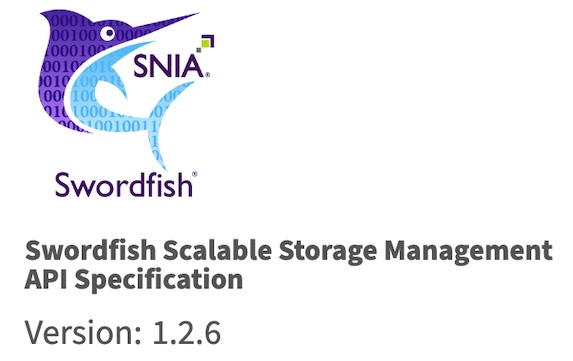“Sudan’s debt may cost its peace
By Leslie Pitterson
With the knowledge that Sudan continues to face great obstacles to stability, Vice-President Ali Osman Taha used his appearance at the 65th General Assembly to encourage member states to help relieve his country’s $37.8 million debt.
Taha’s emphasis on the issue was not misguided; debt relief has played an integral part of peace-building in several African post-conflict states.
One such country is the Central African Republic (CAR), which was plagued by political upheavals throughout the 1990s and early 2000s. The World Bank announced last week that CAR had completed the debt relief process for the Heavily Indebted Poor Countries Debt Initiative (HIPC) in just two years, a considerable achievement.
Mary Barton-Dock, the World Bank’s Country Director for CAR, said the Bank had “worked with Central African authorities on a number of reforms that allowed the process to move along at a steady pace.”
Barton-Dock stressed that HIPC has helped provide many poor countries with the ability to gain financial stability; the program is part of the World Bank’s wider emphasis on economic governance. She noted that Liberia, another post-conflict country, had its $4.6 million dollar debt relieved after completing HIPC this past June.
Nevertheless, getting through HIPC is no small feat. The program created by the World Bank for countries in overwhelming debt has often proven to be a challenge in and of itself. Twenty of the twenty-eight countries who are currently in HIPC have been in the process for the past ten years.
Groups including Jubilee USA, an American organization that advocates for debt cancellation in impoverished countries, have criticized the program. Jubilee’s Deputy Director, Melinda St. Louis, said HIPC stops short of offering developing nations the complete relief they need.
“While the debt relief received through the HIPC initiative is a very positive step forward for countries like CAR, the HIPC program has been problematic,” said St. Louis. “The economic and political conditions that the IMF and World Bank required of countries in order to reach the ‘completion point’ delayed debt relief for far too long and sometimes were harmful to the poor.”
Established in 1996, HIPC was an effort by the World Bank and International Monetary Fund (IMF) to offer economic relief to countries the Bank has deemed have “unsustainable debt,” a debt that is one and a half times their annual export revenues.
At last week’s press conference, Barton-Dock said debt relief has proven to be a vital part of progress for CAR’s economy and governance. She emphasized that the World Bank saw their completion of HIPC as “an opportunity to underscore the importance of consolidating progress in order to avoid an unraveling of the situation.”
Even critics of HIPC agree that debt relief is key for post-conflict states to recover. Eric LaCompte, Executive Director of Jubilee told MediaGlobal, “Debt relief is an important part of development…[it] is more that aid, achieving debt cancellation is critical to achieving economic justice.”
In the buildup to last week’s Millennium Development Goals Summit, advocacy groups called on policymakers within the UN and the World Bank for an UN mechanism for debt arbitration.
When asked about the World Bank’s response to criticism of HIPC and calls for reform, Barton-Dock told MediaGlobal, “Frankly, I don’t think that is a subject we are going to be addressing this week.”
HIPC was last reformed in 1999 at the G8, when the World Bank agreed to lower the threshold for qualification, opening the program to a larger number of countries. However, the Bank still requires that countries work with them for three consecutive years before qualifying for the program. Sudan has not yet established this rapport and is therefore not part of HIPC, one reason why Vice-President Taha’s speech appealed directly to member states.
Barry Herman, Visiting Senior Fellow at the Graduate Program in International Affairs of The New School told MediaGlobal he is not surprised by the lack of discussion around foreign debt.
When asked what he expected to see from the UN on the subject, the professor said, “Not much beyond the standard annual debates in the General Assembly and in the Financing for Development process, which is to say talk without concrete action.”
But in the case of Sudan, time for discussion is running out. With the five-year peace agreement coming to an end and the January 2011 referendum on southern Sudan’s succession looming, many fear that unrest in the country could lead to another outbreak of war.
In his speech before diplomats and the international community at large, Vice-President Taha said debt relief would “eliminate many doubts” surrounding the country’s upcoming elections. If Sudan is to face a peaceful future, policymakers and critics alike may have to hope his assessment is right.”
(Quelle: MediaGlobal.)


















